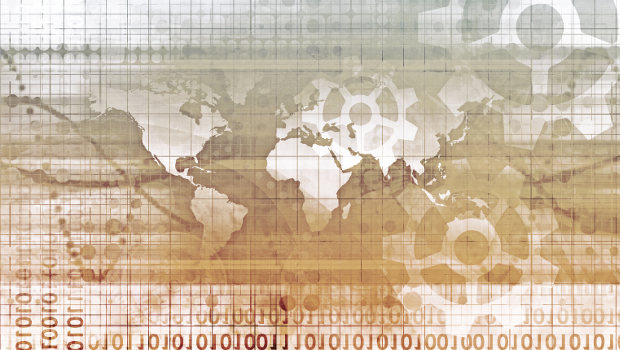Less than half of the world’s population still isn’t using the Internet, although the numbers are improving, according to a United Nations report.
A report released this week by the United Nation’s International Telecommunication Union (ITU) found that 47.1% of the population is online, an increase from 2015’s figure of 43%.
The spread of mobile networks around the globe has played an important role in increasing Internet connectivity, the report said. Mobile-broadband networks cover 84% of the world’s population this year, but the number of users, at 47.1%, is well below those who have access.
“While infrastructure deployment is crucial, high prices and other barriers remain important challenges to getting more people to enter the digital world,” the report stated. “This suggests that many people are yet to benefit fully from the opportunities brought by the Internet.”
Zeus Kerravala, an analyst with ZK Research, said the percentage of those using the Internet is too low. “The Internet is one of the great equalisers in life, and the world needs to work together to get everyone on the Internet. It’s very frustrating. There are pockets of activity of bringing the Internet everywhere, but it tends to be at a country level not a global one.”
While companies like Facebook and Google are working on technologies to provide Internet connectivity to rural and poor areas around the world, Kerravala said there need to be more ideas on how to spread Internet access.
“For example, in Canada they deploy fibre to every school, and then the school connection feeds the town where people don’t have it,” he added. “We need a plan like that in India or rural China.”
While much of the growth in Internet usage comes from developing countries, many people in those areas do not own or use a mobile phone. South Korea had the highest levels of Internet connectivity and usage, while the African nations of Niger, Chad, Guinea-Bissau and South Sudan had the lowest.
Affordability still is the main barrier for people to own a mobile phone, with the cost of the phone itself being more of a challenge than receiving the service.
The ITU also reported that the people most often left offline are disproportionately female, elderly, less educated, poor and living in rural areas.
The full potential of the Internet remains untapped, the report also noted, and there’s a strong possibility of increased connectivity in the next several years.
“I do think we’ll see a big bump in connectivity,” said Kerravala. “It’s a big, global problem that concerns everyone. Facebook or Google shouldn’t be working on it alone. We need more moon shot ideas. I’d like to see the likes of Microsoft and Amazon working on it too.”
IDG News Service







Subscribers 0
Fans 0
Followers 0
Followers